FORT SAM HOUSTON, Texas -- A loud and satisfying "thwack" signals the on-target strike of an arrow - a bull's eye'
Whether it's the center of the target or not, the answer is a resounding "Yes!" for Soldiers training in archery, one of several sporting events offered to wounded warriors at Brooke Army Medical Center's Warrior Transition Battalion.
Soldiers are shooting arrows from compound and recurve bows on one side of Fort Sam Houston's archery range; while Airmen and Marines join Soldiers to throw the javelin, shot put and discus on the far side of the field during an early morning WTB Paralympics competition, May 25.
Competing in adaptive sports is proving to be a very powerful tool for healing wounded warriors and involving the community with their reintegration.
"Instead of focusing on disability, they learn to focus and look for ability," said Maj. Marc Statham, WTB's operations officer.
The Adaptive Sports Program on post came to fruition through collaboration between Fort Sam Houston and the U.S. Paralympics organization just over one year ago. This year archery, javelin, shot put and discus were added Statham said.
Adaptive sports allows service members to train, participate and compete with their injuries. The WTB program offers various sports each month with training sessions held several times during the month, followed by a quarterly tournament.
"Each month the WTB has introductions into various sports such as swimming, wheelchair basketball and sitting volleyball. Later in the year the battalion is planning on introducing wheelchair rugby," Statham said.
Training and competitive events at Fort Sam give Soldiers a well-rounded local experience prior to advancing to the national level. The fourth week is competition, usually on Tuesdays. The May 25 competition included archery, javelin, shot put and discus events where medal were awarded.
Medals are tabulated quarterly and the company with the highest score earns a sports streamer for their guideon Statham explained.
"It gets me back into the fun of actual competition. I haven't been able to compete in anything in awhile," said Staff Sgt. Philip Davis, who was wounded in Iraq last year.
Air Force Senior Airman Colton Read was enjoying himself tremendously competing in shot put, discus and javelin.
"It's a chance to get better and still compete," Read said. He explained he'd competed prior to losing both legs above the knees, while serving at Travis Air Force Base in California, and looked forward to the events with the WTB.
Wounded warriors interested in pursuing sports through the WTB are encouraged through training camps and coaching.
Read's coach, Gabriel Diaz de Leon, a U.S. Paralympics throws coach, recently trained Read at a military sports camp in Phoenix held specifically for Paralympics field events.
"We teach proper technique on how to hold and throw each implement," de Leon said, adding that they encourage each athlete to continue training after camp sessions. He stressed that each individual learns and progresses at differing rates and that finding the right equipment also takes time.
Coach de Leon said he too was injured while serving in the military and understands the challenges confronting wounded warriors training to be competitive athletes.
"A [Paralympics] athlete trains just as hard as an Olympian - you put in the same time, sweat and tears as anyone else does," the coach said, adding he would like to see more exposure and funding for these athletes.
"We are all arches in a Soldier's circle of life. For the first time I am seeing those arches getting together and completing that circle," said Jose Laguna, a recreation therapist at the Audie L. Murphy Veterans Hospital, who is involved with the Paralympics camps and outreach programs.
"You have older veterans teaching the newer veterans how life should be. They are role models - so these [Paralympics] programs are excellent. They will foster new talent to represent the U.S. But at the same time everyone wins - the veterans, the community and the country as a whole."
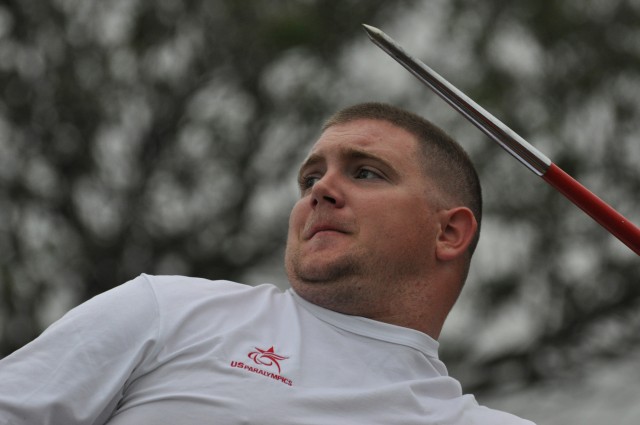
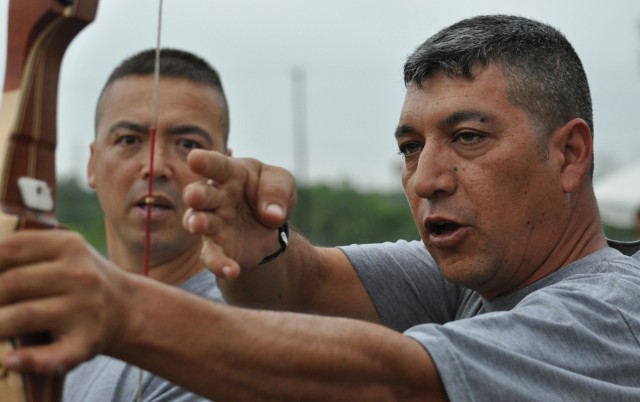
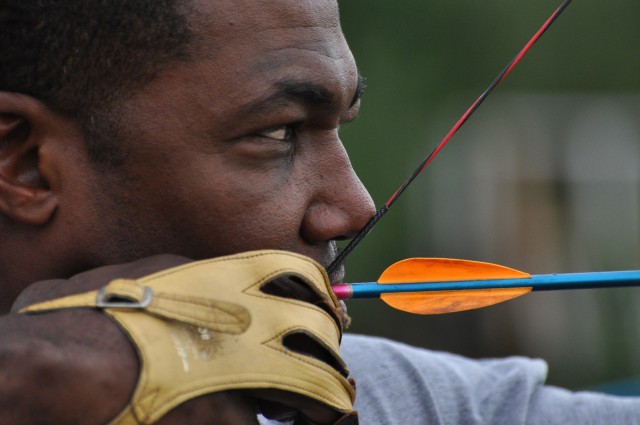
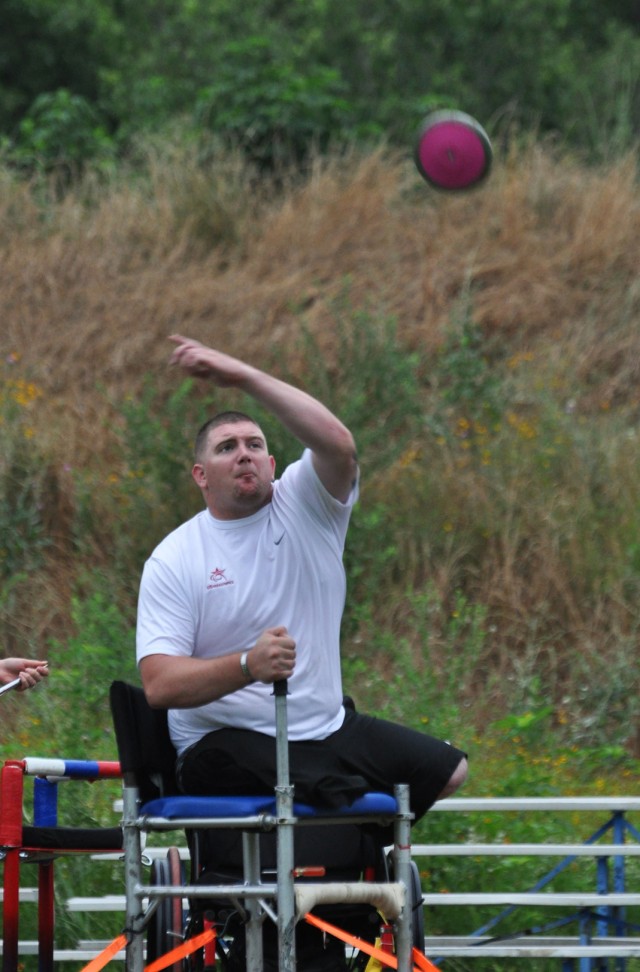
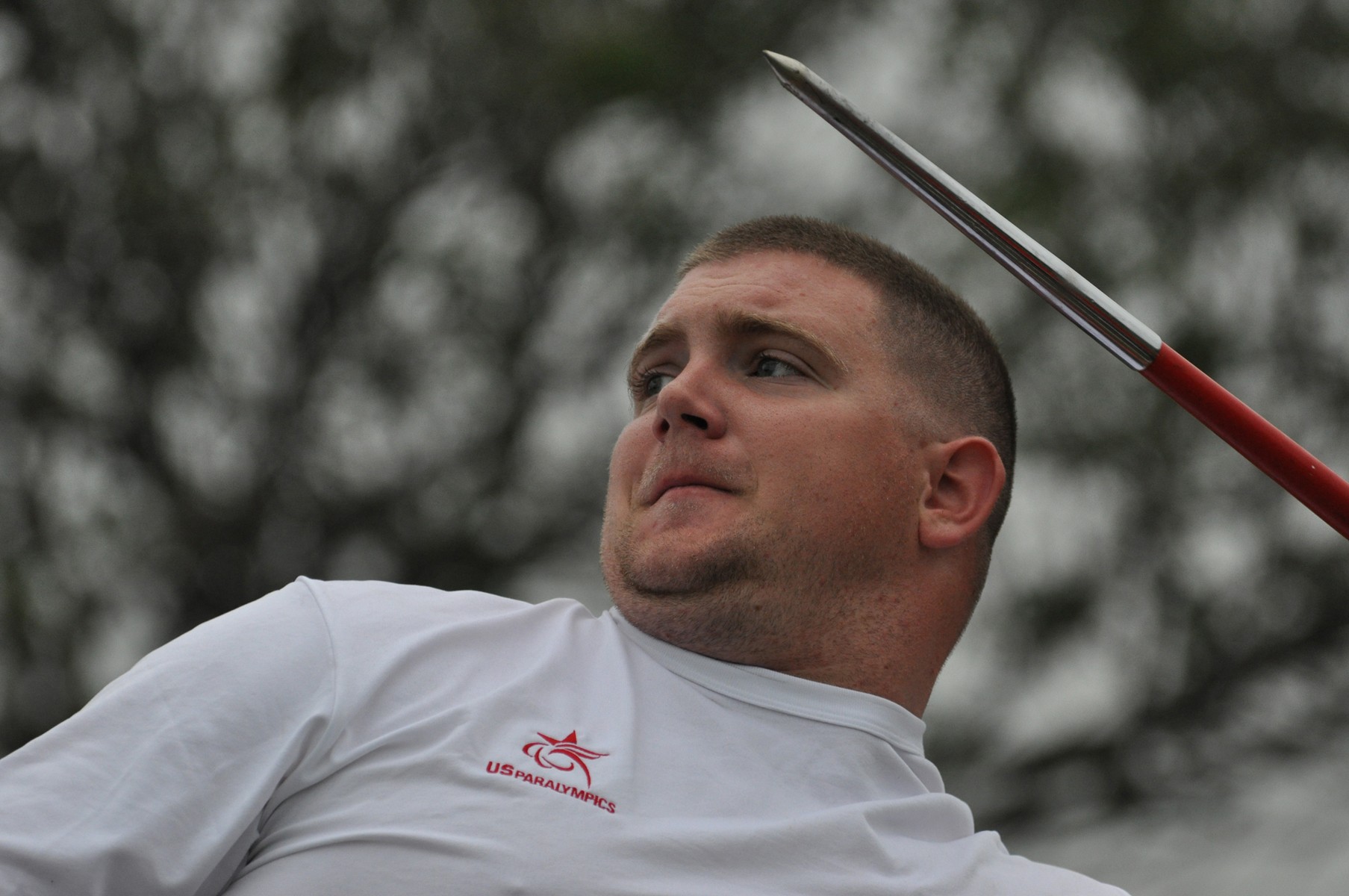
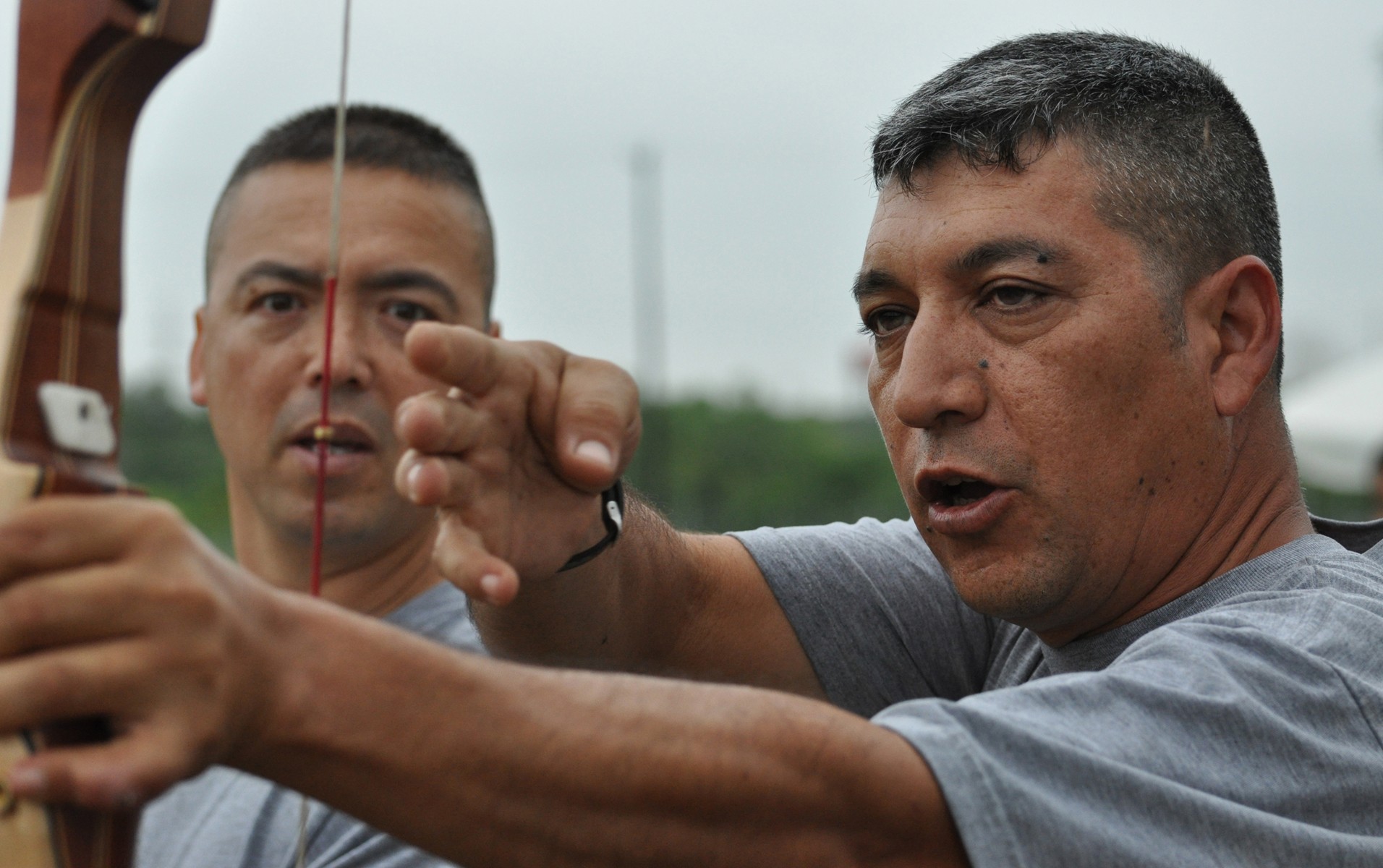
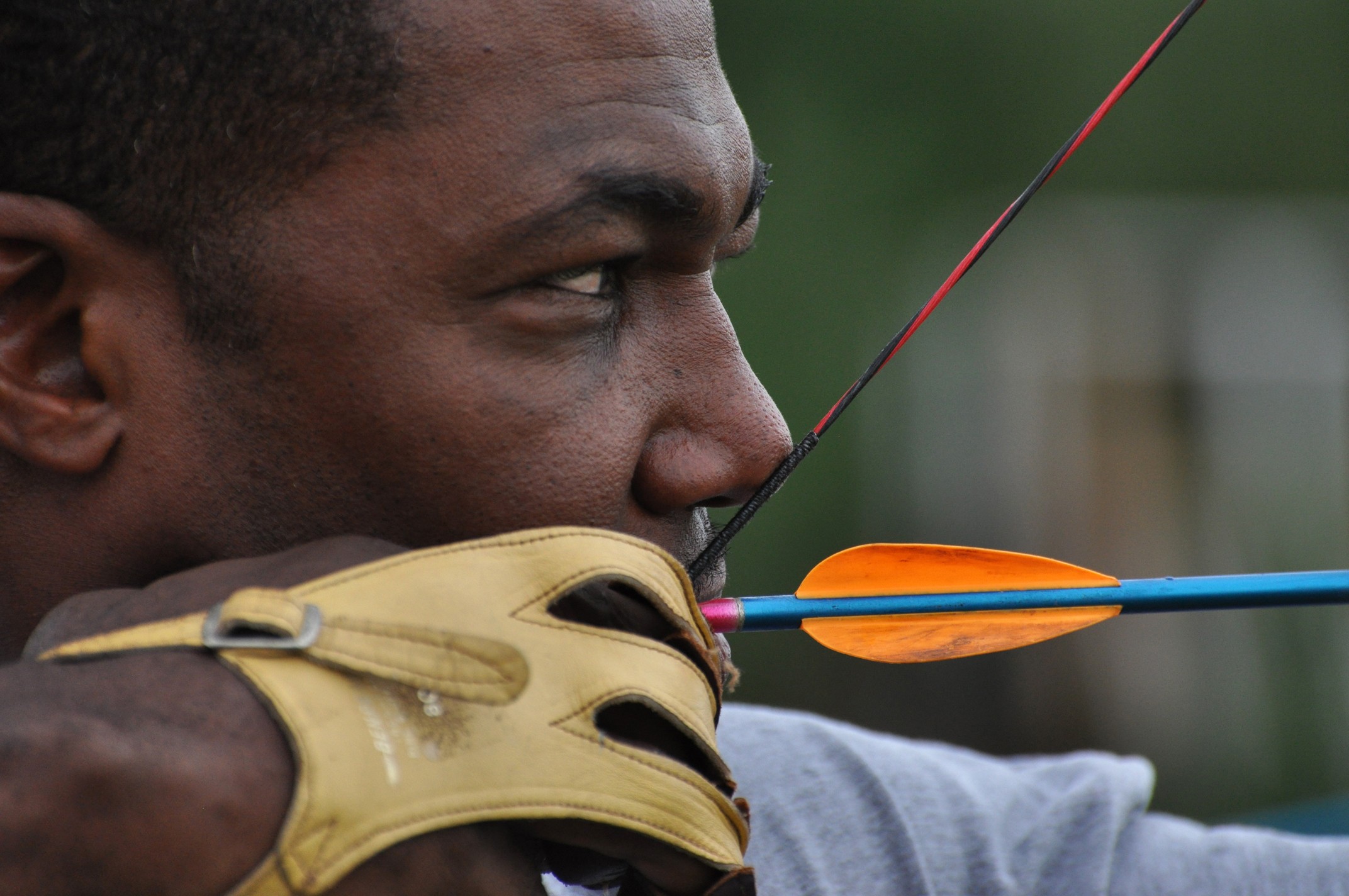
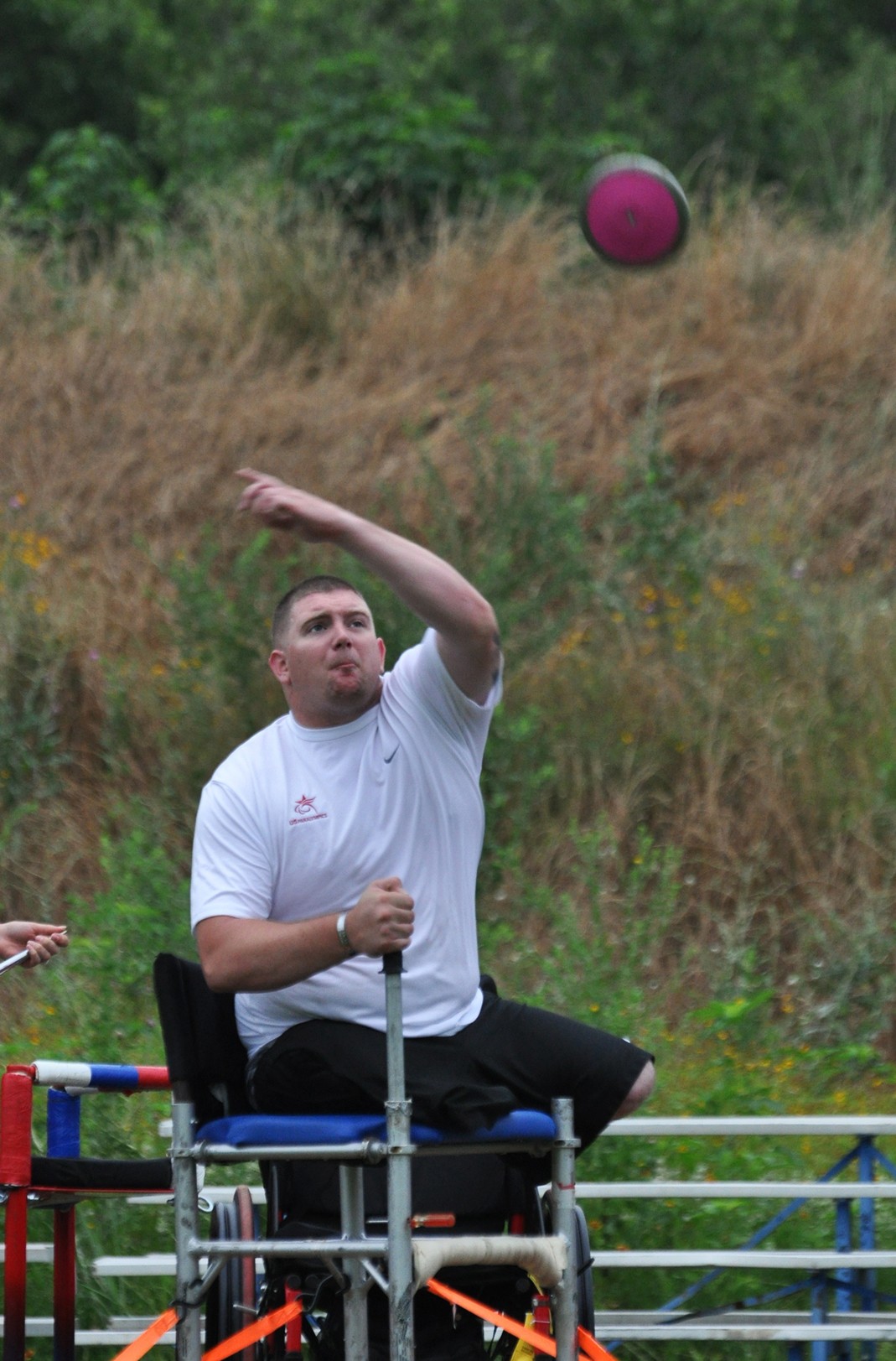
Social Sharing